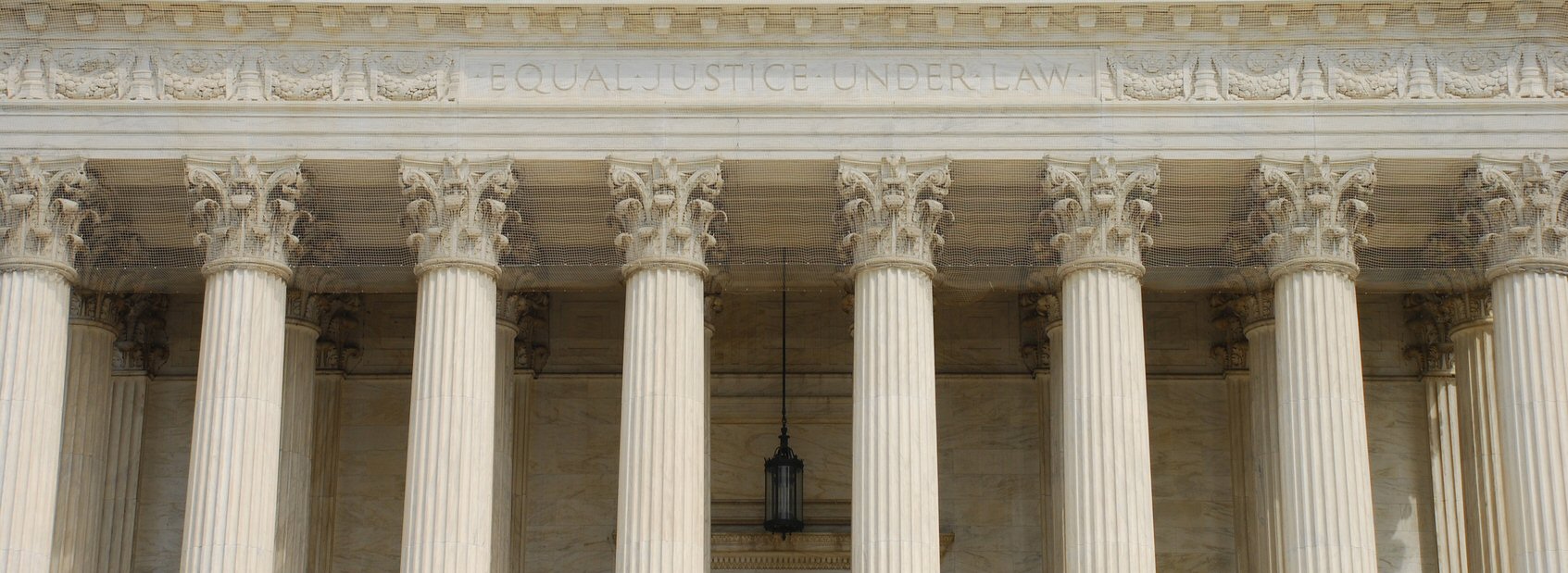Position Statement – 2019
A.5621 (Weinstein) / S.4686 (Biaggi)
Oppose
WBASNY strongly opposes those portions of A.5621/S-4686 that provide for release of forensic reports, notes and raw data to the parties, including pro se litigants. We are particularly concerned about the great potential for the irreparable harm that will result from intentional or unintentional dissemination of the contents of forensic reports, notes and raw data to the parties’ children and the public. Contempt is not enough of a deterrent and will have no impact on this irreparable harm to parents and children resulting from the release of such information via the Internet and/or social media. In addition, this will create a very real potential for editing and falsifying the evaluation. A contempt proceeding, if any, will only add to the cost and delay of custody litigation which is not in the best interest of children and their families.
We are particularly concerned that victims of domestic violence will be targeted and further harmed by this Bill. If parties are given copies of forensic reports, an abuser can easily inflict more abuse on the victim with threats and actual disclosure of the forensic report to employers, relatives and other members of the public.
Providing forensic evaluation reports to parents directly will have a chilling effect on the formulation and use of forensic evaluations, which are an important tool in custody matters, because courts will be reluctant to order forensic reports knowing how they may be misused and parties will be reluctant to be open and honest with evaluators. The bill will burden already overburdened courts with the need to issue protective orders and delay cases, which will harm children and families.
It is not a violation of due process to have pro se litigants and parties read the report in court or an attorney’s office. This is still significant access to the report. There has been a history of extreme caution in protecting the report. The forensic reports have always been part of a court record that is sealed and not available to the public. This Bill could result in public disclosure of those sealed court files without a court Order. Since a pro se litigant has a right to defend or put forth the report, then he/she has a right to view it – but that should be done with safeguards recognizing that both parties and pro se litigants can sometimes lose sight of their children’s interests in favor of their own and use the report in wholly unintended and inappropriate ways, including posting on the Internet.
We firmly believe that the Bill should require counsel and retained experts who receive forensic reports and files to execute confidentiality agreements acceptable to the Court. This is the practice in many courts and should be a uniform rule throughout New York State.
We oppose the Bill’s provision that admissibility of forensic reports and files shall be subject to objection pursuant to the rules of evidence and subject to cross-examination. Such a provision will result in trial delays and additional expense.
We do, however, support that portion of the Bill that allows for the release of a forensic examiner’s entire file to counsel only, and to pro se litigants for review in Court prior to litigation. We do not believe that a CPLR 3120 demand is necessary; the forensic examiner’s notes and raw data should be as available to counsel as the report itself. Decisions from Nassau and Westchester counties have directed the release of the entire file to counsel with strong pronouncements in favor of such release: “Custody determinations should not be made based upon a black box. All of the underlying information, which is unquestionably relevant and material, must be provided to counsel, who must be fully equipped to cross-examine the forensic evaluator and establish for the Court, as trier of fact, the credibility and reliability of the opinions and conclusions expressed by the neutral forensic evaluator.” K.C. v. J.C., 50 Misc.3d 892, 25 N.Y.S.3d 798 (Supreme Court, Westchester Co. 2015). We are in favor of a codification of the holding in K.C. v. J.C., and J.F.D. v. J.D., 45 Misc.3d 1212(A) (Supreme Court, Nassau Co. 2014).
Custody determinations are made to promote the best interests of children. There is no argument as to due process since the restriction is only as to the actual possession of a physical copy of the forensic report and raw data. In all circumstances, there should not be a restriction to the access and review of the forensic report and raw data under court or attorney supervision. Accordingly, all court procedures and rights should be fashioned so as not to interfere with achieving a result that is in the best interests of children in New York State.

